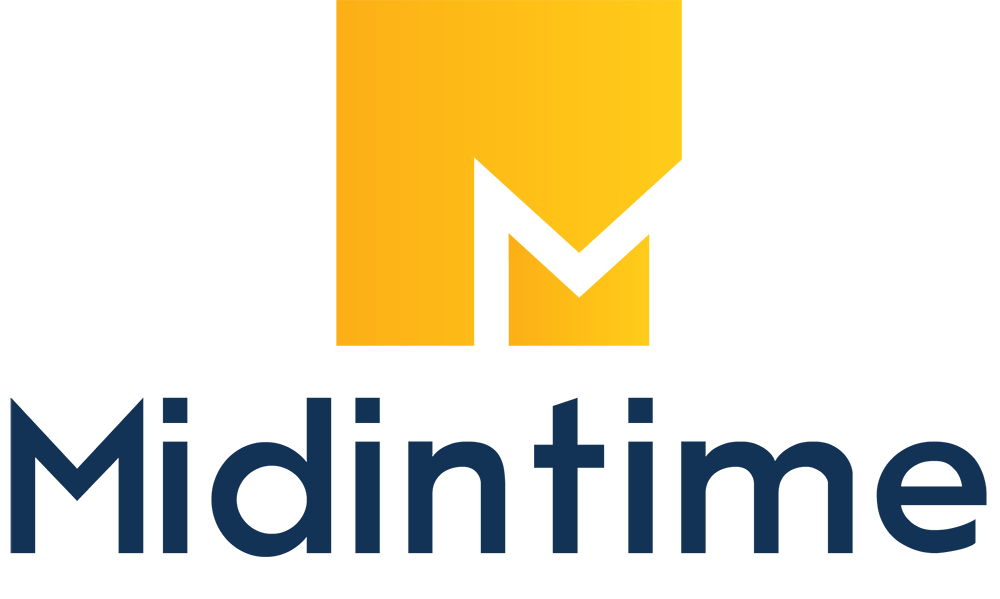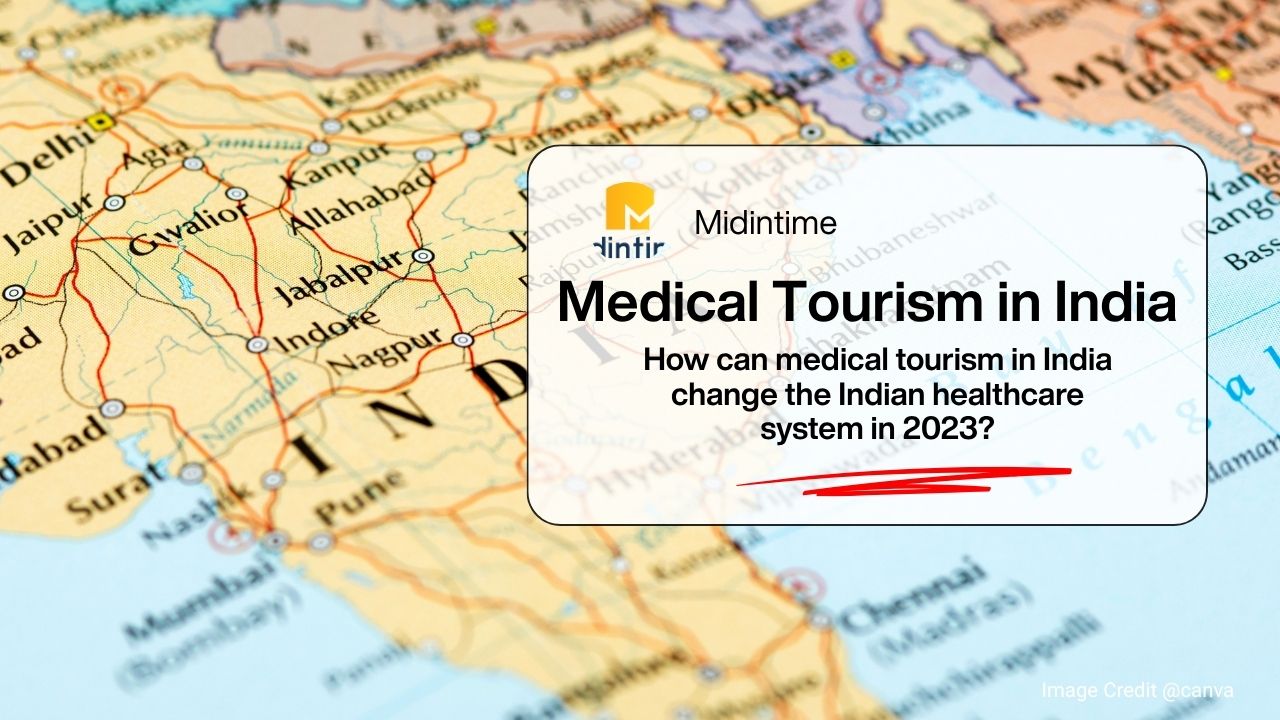Now Reading: Digital Detox: How can affect your life in a positive way?
- 01
Digital Detox: How can affect your life in a positive way?
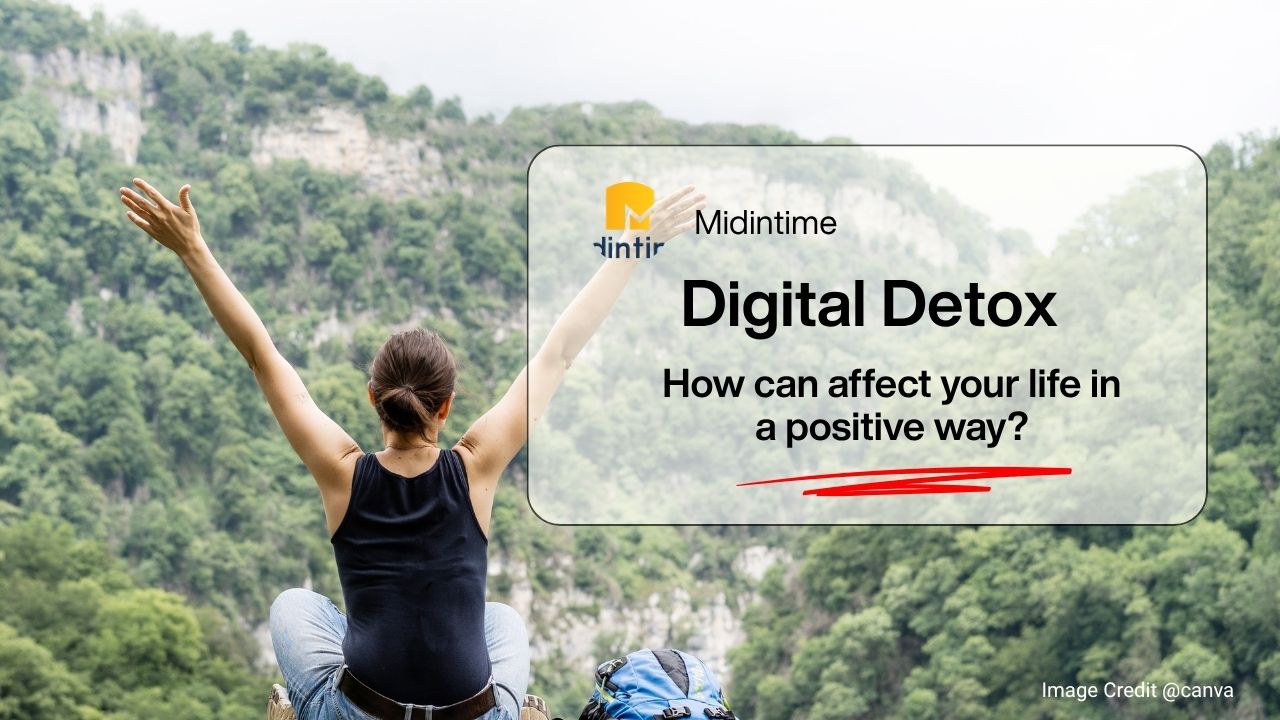
Digital Detox: How can affect your life in a positive way?
Digital Detoxing is a period where, for the purpose of reducing stress, enhancing mental wellbeing and regaining one’s sense of balance throughout life, individuals decide to interrupt their use of electronic devices and technology. It means giving yourself a break from activities such as using your mobile phone, browsing social networks, watching videos, playing video games, or participating in other online activities.
Lets see some statistics for users online activities
1. Smartphone and Internet Usage:
– By 2021, there were 7.1 billion mobile users worldwide, a figure that is expected to reach 7.26 billion by 2022, as estimated by Statista2. It is estimated that by 2025, there will be 7.49 billion mobile users worldwide.

Find more statistics at Statista
– In 2021 the global Internet penetration is estimated at around 59%, with about 4.88 billion people using it.
2. Screen Time and Digital Addiction:
– A 2020 survey by RescueTime4 revealed that on average, people spend approximately 3 hours and 15 minutes each day in their cell phones.
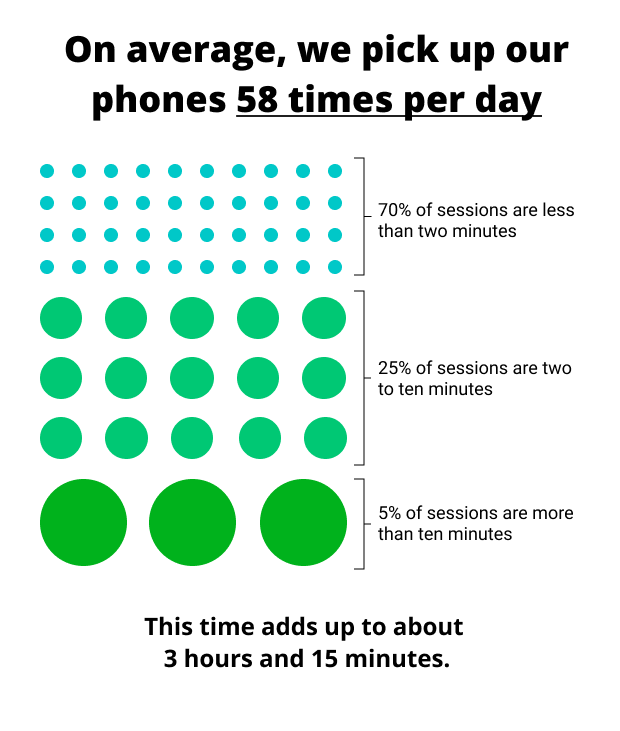
– A study published in the journal BMC Psychiatry3, survey shows that the smartphone addiction detection rate among medical students was 52.8%. Students who did not like their medical specialty, consumed alcohol, used their smartphones in bed, and suffered from depression and anxiety had a higher smartphone addiction detection rate. Addiction to smartphones adversely affects the health and sleep status of medical students.-
3. Awareness and Practice of Digital Detox:
– The 2020 Digital Wellness Report from WeAreSocial and Hootsuite shows that in the US, 42 % of internet users have cut back on social media over the past year.
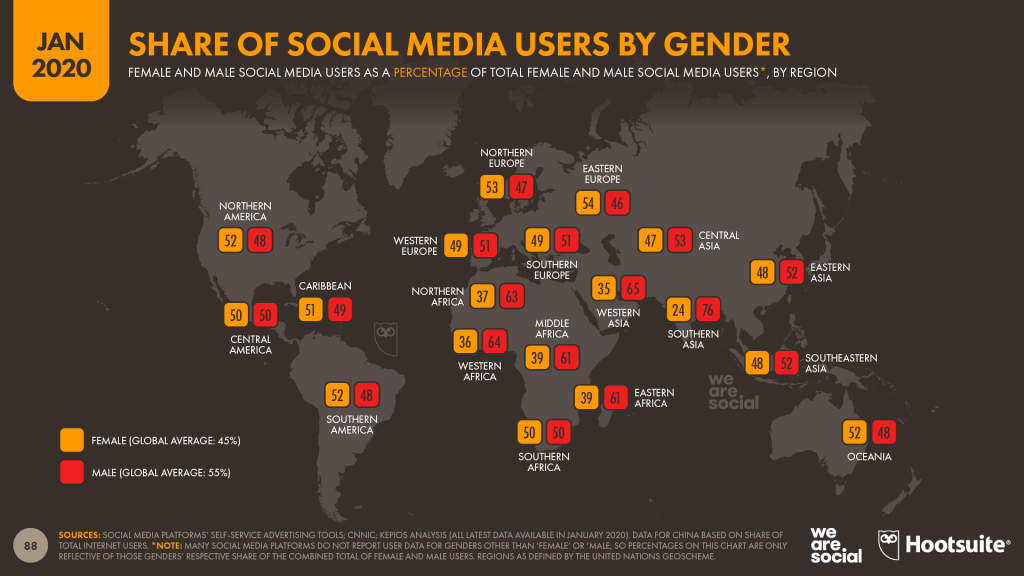
– A survey carried out by Ofcom3 found that, The proportion of internet users aged 16-24 setting aside ‘offline time’ was in line with the proportion of all internet users doing this, but 16-24s were more likely to have taken a deliberate break from using any social media apps (36%), deleted apps because they thought they spent too much time on them (32%) or deleted apps because they thought they were bad for their mental Health and self esteem: 24%.
– According to GlobalwebIndex’s “Social Media Trends 2020”, 38% of users in the world expressed a desire to reduce their use of social media.
Especially given the differences between regions and demographic groups, it is important to consider that there may be a lot of variability with regard to electronic detoxing and use of technology.
Furthermore, a pandemic of COVID 19 may have had an impact on the use of ICT and digital detoxence due to people’s growing dependence on electronic media for working, learning and keeping in touch. It would be helpful to read recently published studies and reports by reputable sources for the most recent data on or specific statistics.
Why is digital detox necessary these days?
Digital detox has become increasingly necessary in today’s world due to several reasons:
1. Information overload: A great deal of information is available in our hands due to the rapid development of technology and the Internet. Information overload, mental tiredness and difficulty of processing and retaining information may be caused when you constantly deal with news, updates on the Internet, e-mails or notifications.
2. Increased screen time: Many people have seen an increase in their screen time as a result of the proliferation of digital devices, which is also accompanied by increased use of Social Media.
The excessive amount of screen time can have negative effects on physical and mental health, including eye strain, sedentary behaviour, disrupted sleep patterns or reduced attention span.
3. Social media and comparison culture: Social media platforms are often presenting an idealized version of people’s lives, which leads to feelings of inadequacy, low self confidence and anxiety about missing out on FOMO. Constant exposure to carefully curated highlight reels can create unrealistic expectations and contribute to anxiety and depression.
4. Reduced real-world interactions: Lack of genuine face to face interactions and real connections between humans can be caused by a heavy reliance on Digital Communication. That can result in feelings of loneliness, isolation and a lack of social support.
5. Constant distraction and reduced productivity: Productivity and focus can be significantly affected by constant availability of digital devices, as well as the lure of social media. Constant alerts, notifications and temptations to multitask can interrupt your concentration so it is hard to get the job done properly.
6. Mental and emotional well-being: Studies have shown a correlation between excessive technology use and mental health issues such as anxiety, depression, and poor self-esteem. Taking a short break from digital technology can be helpful in improving mood and reducing stress, as well as promoting better relationships with technology.
7. Reconnecting with the physical world: It is possible for individuals to take a break from screens and reconnect with the physical world by participating in digital detox. It gives us an opportunity to look at nature and participate in the activities that take place out there, while being present now.
Individuals can build a more balanced online and offline life through the practice of digital detoxes, reducing technology’s adverse effects on their well being as well as promoting healthy living. It’ll give us a chance to remove ourselves from the constant stimulation of digital technology and be in charge of how it is connected to our lives.
Positive effects of Digital Detox
Engaging in a digital detox can have several positive effects on your life. Here are some ways a digital detox can positively impact you:
1. Reduction of stress and improvement in mental health: The continuous exposure to digital devices, notifications or data overloads can lead to higher levels of stress. Taking a break from technology allows you to disconnect from the pressures of the digital world, providing a sense of relief and promoting relaxation. It provides a chance for your mind to rest and renew, resulting in improved emotional well being.
2. Increasing productivity and concentration: Digital distractions can be a major factor in increasing productivity and concentration. You can eliminate the daily interruptions and temptations that come with digital devices when you disconnect from them. It will allow you to focus on the job more efficiently, finish it in a timely manner and increase your sense of accomplishment.
3. Better sleep quality: The blue light emitted by the screens can interfere with your normal waking cycle, making it more difficult to fall asleep. Besides, the constant stimulation of digital devices can keep your mind busy and prevents you from slowing down before going to sleep. You will be able to enhance your sleeping quality and get a better start in waking up by introducing digital detox, especially during the hours before you fall asleep.
4. Enhanced real-world connections: Excessive reliance on digital communication can sometimes hinder meaningful face-to-face interactions. You can have an opportunity to interact with other people in real life, strengthen personal ties and enhance a sense of connection and belonging by disconnecting from technology.
5. Increased mindfulness and presence: We often lose focus at this moment due to digital distractions. You can gain a stronger sense of mindfulness and presence when you’re away from technology. You’re getting more aware of your surroundings, you’re engaged in activities and you’re experiencing a greater appreciation for the present moment.
6. Reconnecting with hobbies and interests: Digital detox liberates you from time and mental space, allowing you to rediscover and engage in offline activities that bring you joy. If you are going to pursue a hobby, read a book, spend some time in nature or engage in physical activity, your disconnection from technology can help you stay connected with activities that nurture the soul.
7. Increased self-awareness and reflection: Digital detox opens up the possibility of reflection and introspection. You’ll get clarity, you’ll be more focused on your thoughts and emotions. And you’ll gain a deeper understanding of how to handle yourself when you go beyond the continuous flow of information or outside stimuli.
Approaching it in an open mind, setting realistic expectations, and finding a balance that works for you is essential. You can improve your relationship to technology and have the benefits in life by taking occasional breaks from it and being aware of what you’re doing online.
Source :
- https://bmcpsychiatry.biomedcentral.com/articles/10.1186/s12888-022-03956-6
- https://www.statista.com/statistics/218984/number-of-global-mobile-users-since-2010/
- https://www.ofcom.org.uk/__data/assets/pdf_file/0028/255844/adults-media-use-and-attitudes-report-2023.pdf
- https://blog.rescuetime.com/screen-time-stats-2018/
